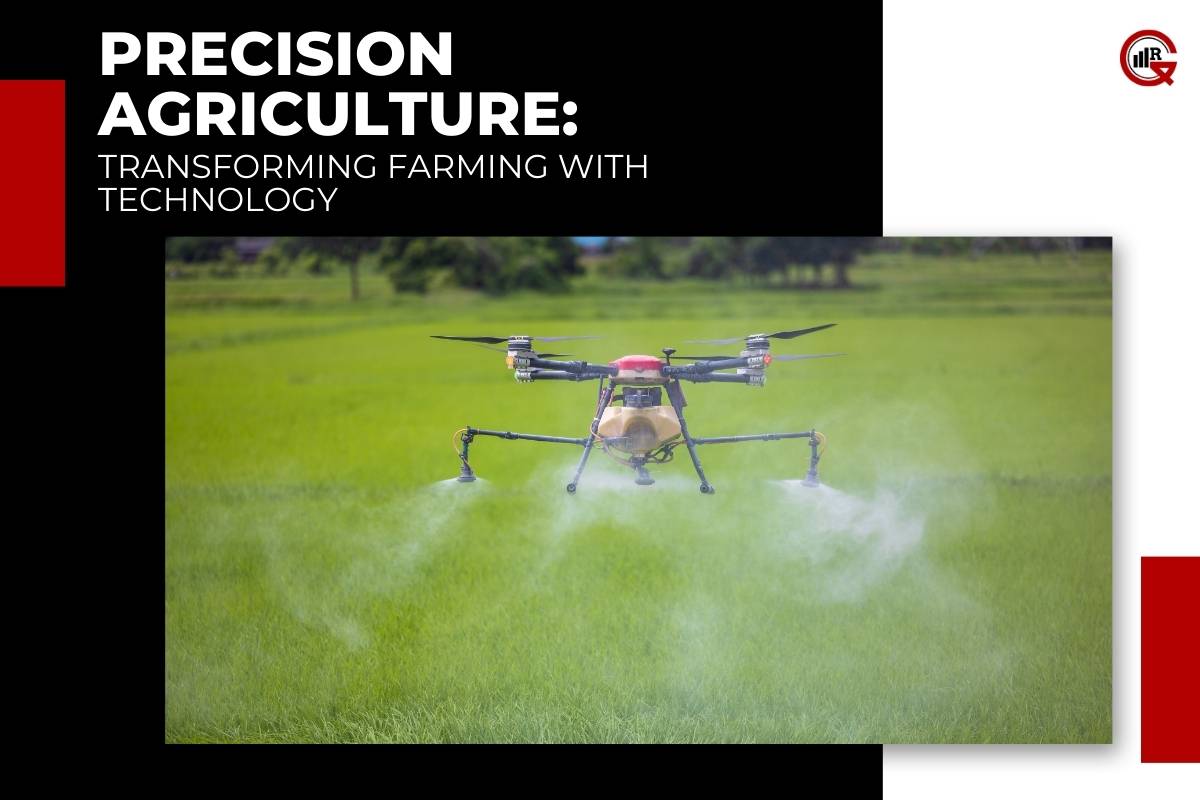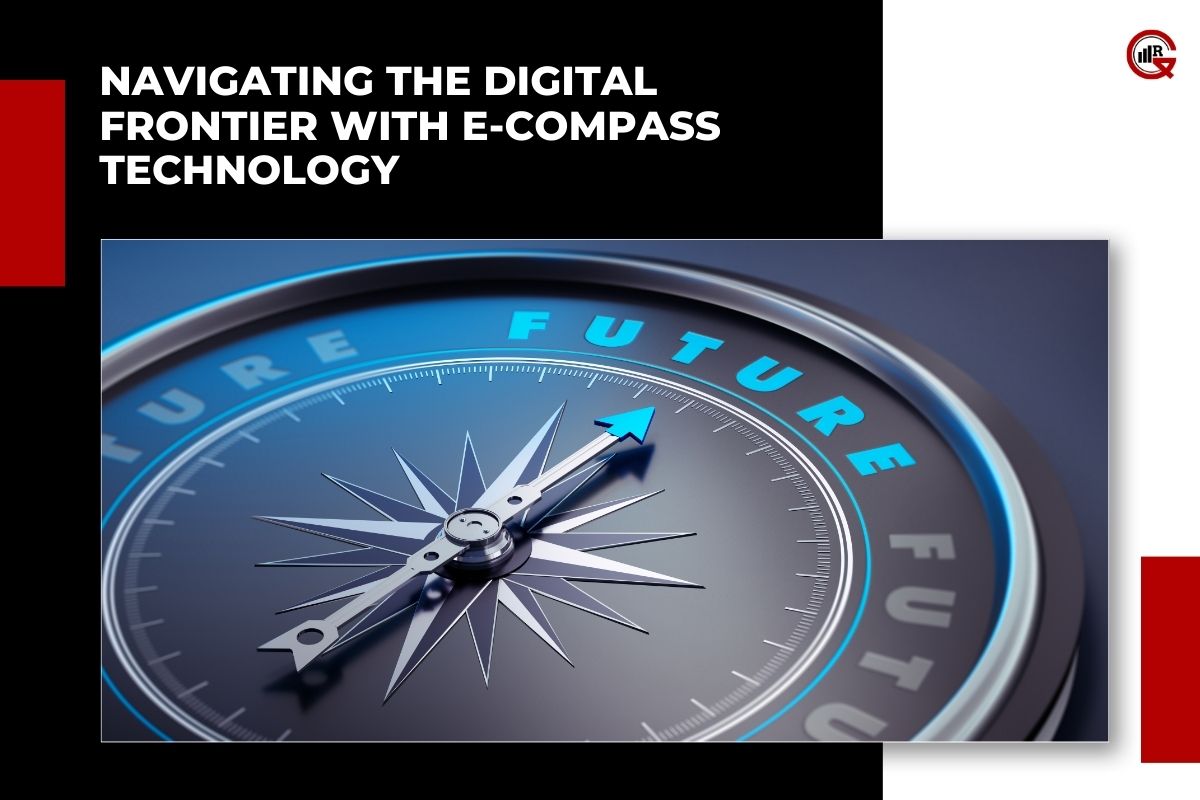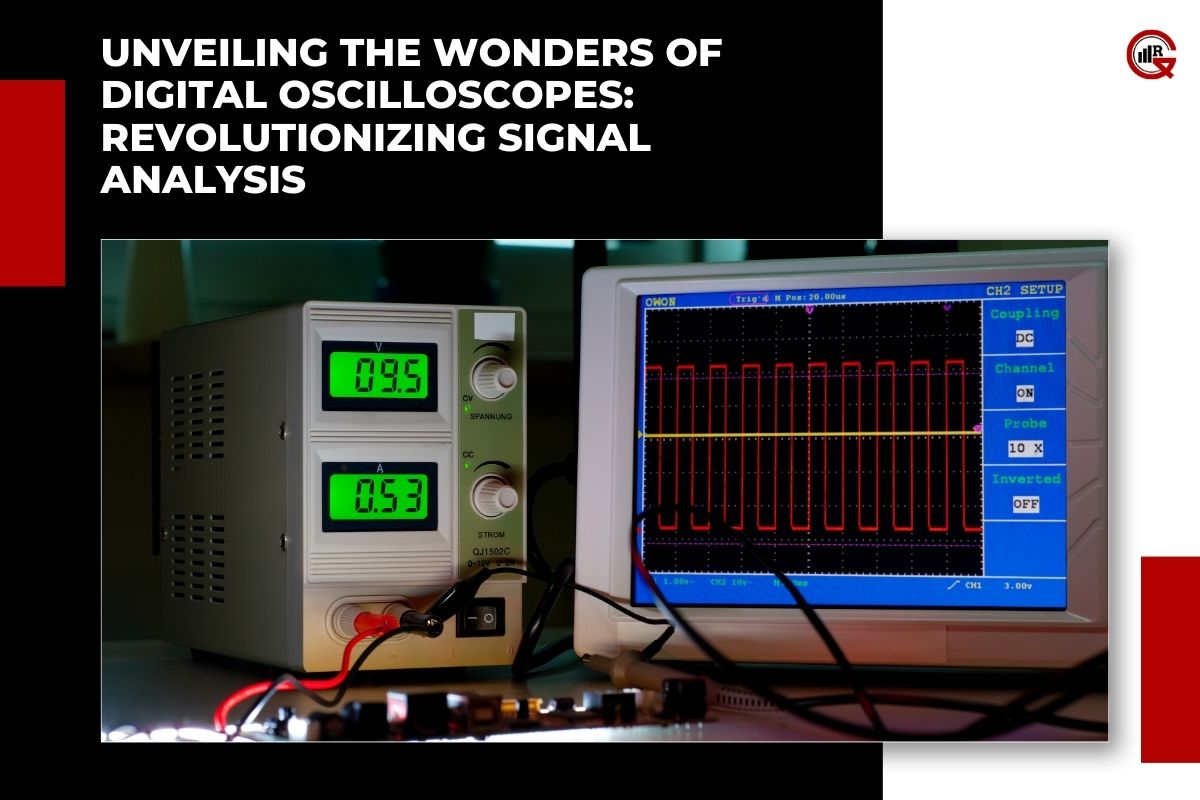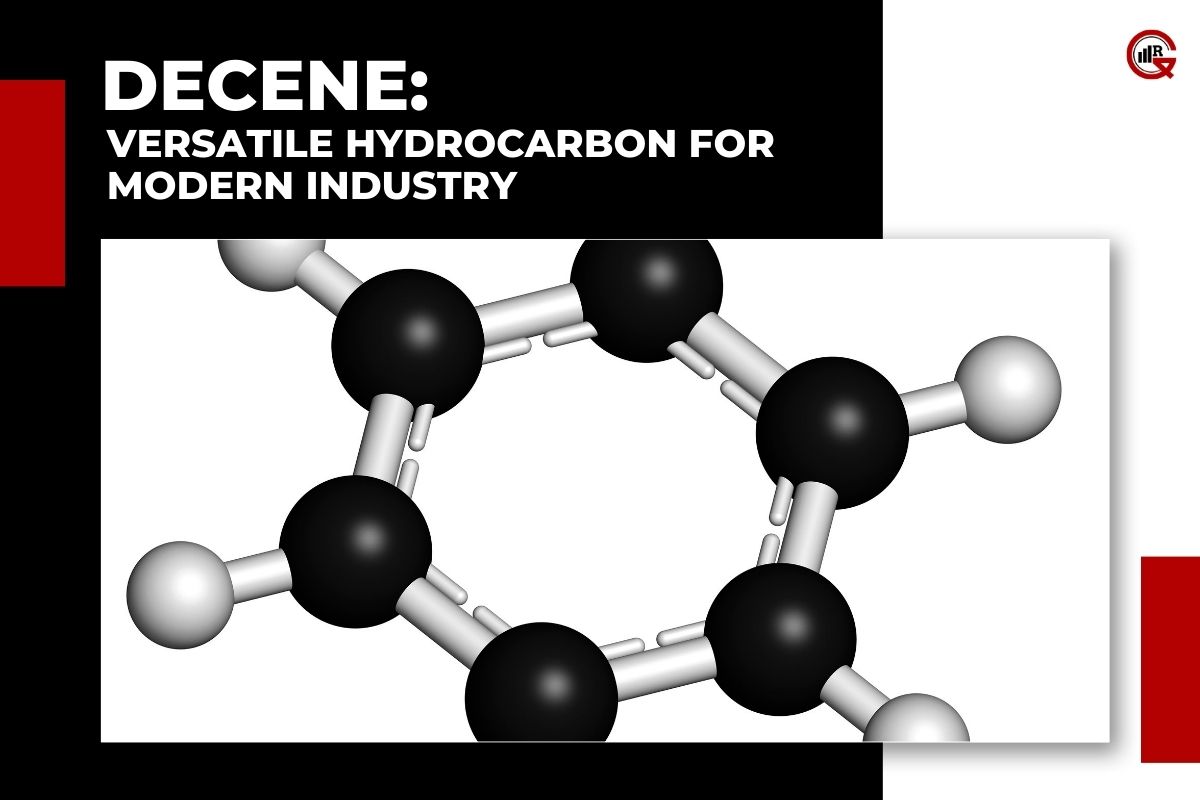Precision agriculture technology represents a transformative approach to farming, leveraging cutting-edge innovations to optimize agricultural processes and maximize yields while minimizing inputs and environmental impact. This article explores the evolution, benefits, challenges, and prospects of precision agriculture technology.
Evolution of Precision Agriculture Technology:
The concept of precision agriculture emerged in the late 20th century, driven by advancements in computing power, data analytics, and remote sensing technologies. Initially, it focused on the use of global positioning systems (GPS) to enable precise field mapping and variable rate application of inputs such as fertilizers, pesticides, and water. Over time, precision agriculture has evolved to encompass a wide range of technologies, including:
Remote Sensing: Satellite imagery, drones, and sensors provide real-time data on soil conditions, crop health, and environmental factors, enabling farmers to make data-driven decisions.
Data Analytics: Advanced analytics tools analyze vast amounts of data collected from various sources to generate insights into crop performance, pest infestations, and yield predictions.
Automated Machinery: Self-driving tractors, harvesters, and drones equipped with AI-powered algorithms perform tasks such as planting, spraying, and monitoring with precision and efficiency.
Internet of Things (IoT): IoT devices installed in fields and equipment collect data on weather, soil moisture, and crop growth, enabling farmers to monitor and manage operations remotely.
Benefits of Precision Agriculture Technology:

- Increased Efficiency: Precision agriculture minimizes waste by precisely targeting inputs based on localized soil and crop conditions, resulting in higher resource efficiency and lower production costs.
- Enhanced Yields: By optimizing planting density, irrigation, and nutrient application, precision agriculture technology can boost crop yields and quality, leading to improved profitability for farmers.
- Sustainable Practices: Precision agriculture promotes environmentally friendly farming practices by reducing chemical usage, soil erosion, and water consumption, thereby minimizing the ecological footprint of agriculture.
- Data-Driven Decision Making: Access to real-time data and analytics enables farmers to make informed decisions on crop management, pest control, and resource allocation, leading to better outcomes and higher profitability.
Challenges of Precision Agriculture Technology:
- Cost Barrier: The initial investment required for implementing precision agriculture technologies, such as equipment, sensors, and software, can be prohibitive for small and medium-sized farmers, limiting adoption rates.
- Data Management: Managing and interpreting the vast amounts of data generated by precision agriculture systems can be challenging, requiring specialized skills and infrastructure for storage, processing, and analysis.
- Connectivity Issues: Remote or rural farming areas may lack adequate internet connectivity, hindering the deployment and functionality of precision agriculture technologies that rely on real-time data transmission.
- Integration Complexity: Integrating different hardware and software components from multiple vendors into a cohesive precision agriculture system can be complex and time-consuming, requiring compatibility standards and interoperability protocols.
Future Prospects of Precision Agriculture Technology:
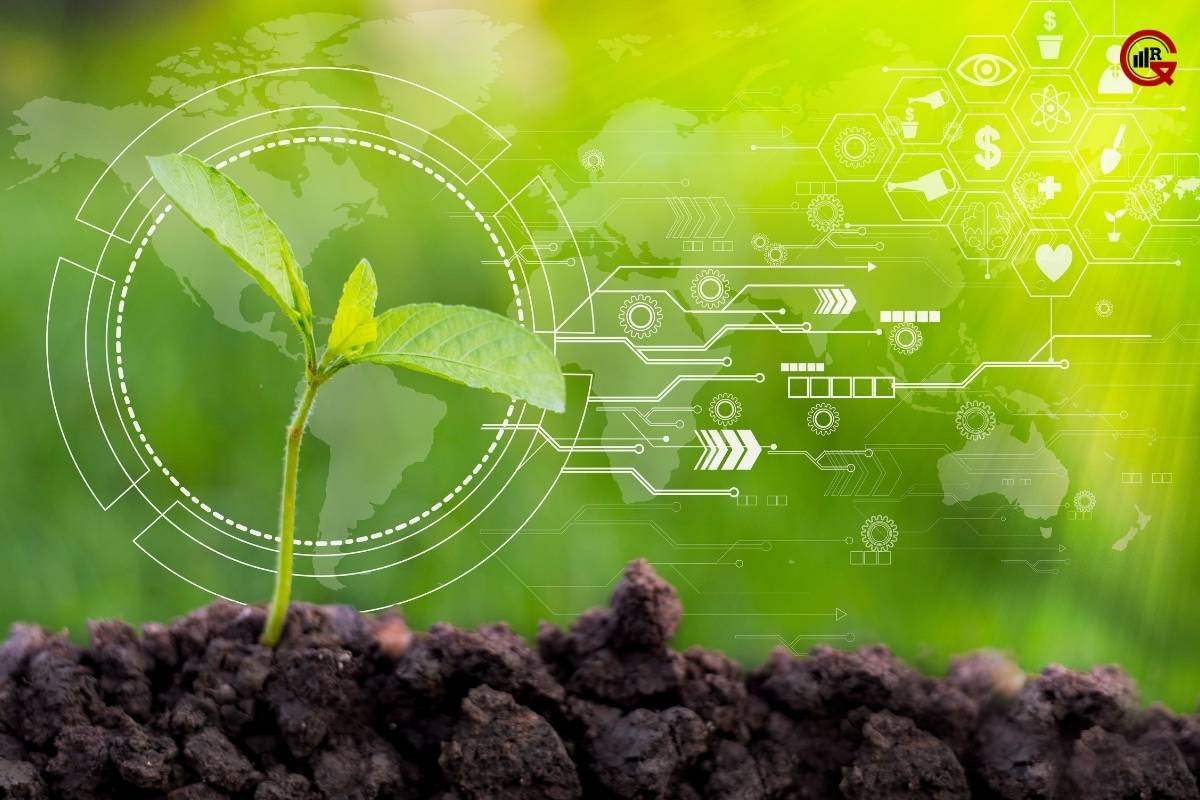
Continued Innovation: Advances in artificial intelligence, machine learning, and robotics are expected to drive further innovation in precision agriculture technology, leading to more autonomous and intelligent farming systems.
Adoption Expansion: As the cost of technology decreases and awareness of its benefits increases, adoption rates of precision agriculture are likely to rise, particularly among smallholder farmers in developing countries.
Sustainability Focus: With growing concerns about climate change and food security, there will be increasing emphasis on sustainable farming practices enabled by precision agriculture, such as regenerative agriculture and carbon sequestration.
Policy Support: Governments and regulatory bodies are expected to provide incentives and support for the adoption of precision agriculture technology through subsidies, grants, and favorable policies to promote sustainable agriculture and rural development.
Leveraging Real-time Data for Resilient Farming Systems
Climate Resilience: Agriculture technology can help farmers adapt to changing climate conditions by providing real-time data on weather patterns, soil moisture levels, and crop stress indicators. By implementing adaptive management practices based on this information, farmers can mitigate the impact of climate variability and optimize resource use for resilient farming systems.
Customization and Personalization: One of the key advantages of precision technology is its ability to tailor farming practices to the specific needs of each field or crop. By analyzing data on soil composition, topography, and historical performance, farmers can create customized management plans that maximize productivity and minimize environmental impact.
Improved Crop Monitoring: With the advent of drones and satellite imagery, precision agriculture enables farmers to monitor their crops more effectively than ever before. High-resolution aerial imagery can detect early signs of disease, nutrient deficiencies, or pest infestations, allowing farmers to take timely corrective actions and prevent yield losses.
Water Conservation: Water scarcity is a growing concern in many agricultural regions, making efficient irrigation practices essential for sustainable crop production. Precision agriculture technology enables farmers to optimize water use through techniques such as drip irrigation, soil moisture monitoring, and evapotranspiration modeling, resulting in significant water savings and increased crop resilience to drought.
Enhanced Pest Management: By integrating data from weather stations, pest traps, and satellite imagery, precision agriculture systems can provide early warnings of pest outbreaks and help farmers implement targeted pest management strategies. This reduces the need for broad-spectrum pesticides, minimizes environmental damage, and preserves beneficial insect populations.
Traceability and Food Safety: With increasing consumer demand for transparency and food safety, agriculture technology can help farmers track the entire lifecycle of their crops, from seed to harvest. By maintaining detailed records of inputs, applications, and environmental conditions, farmers can ensure compliance with food safety standards and provide consumers with accurate information about the origin and quality of their products.
Market Access and Premium Pricing: Agriculture technology enables farmers to produce high-quality, consistently uniform crops that meet the stringent requirements of specialty markets and premium buyers. By demonstrating adherence to sustainable farming practices and superior crop management, farmers can access niche markets and command premium prices for their products, enhancing their profitability and market competitiveness.
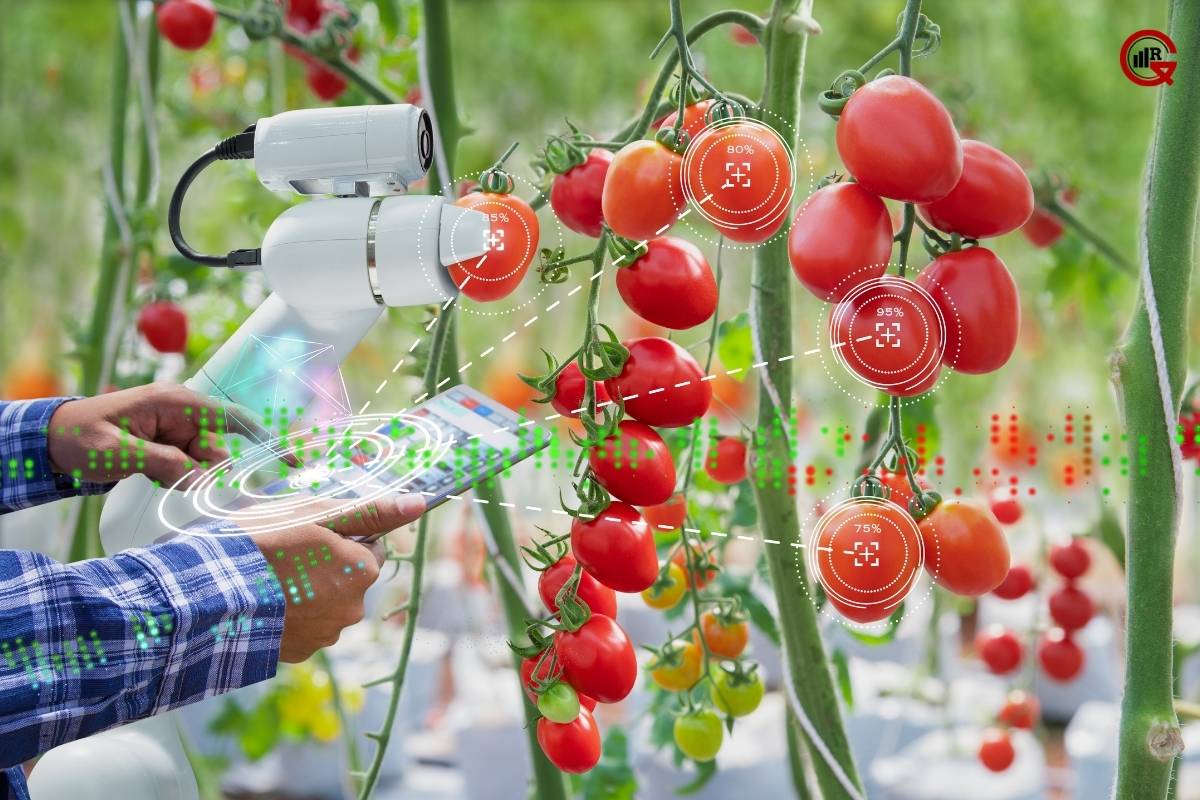
Collaboration and Knowledge Sharing: Precision agriculture platforms facilitate collaboration and knowledge sharing among farmers, agronomists, researchers, and agricultural extension services. By sharing data, best practices, and lessons learned, farmers can collectively improve their productivity, resilience, and sustainability, fostering a culture of innovation and continuous improvement in the agricultural sector.
Conclusion:
Precision agriculture technology represents a paradigm shift in farming practices, offering significant benefits in terms of efficiency, productivity, and sustainability. While challenges such as cost, data management, and connectivity persist, ongoing innovation and increased adoption are expected to drive the continued evolution of precision agriculture, shaping the future of agriculture and food production worldwide.

